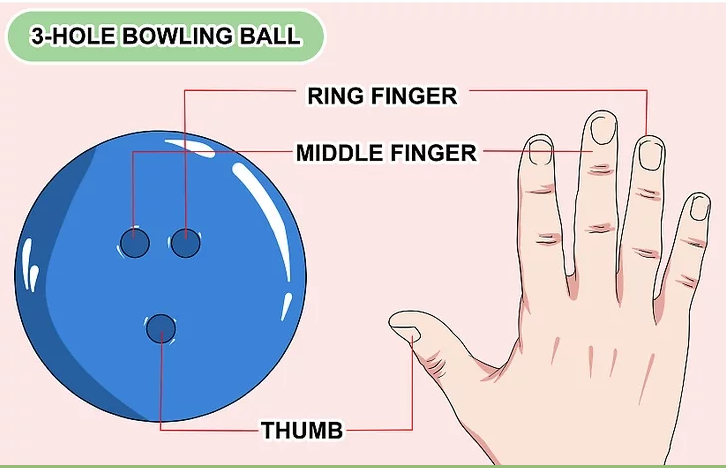Living next to unfriendly neighbors can be a challenging experience. It can affect your peace of mind and the overall quality of your life.
In this article, we will explore effective strategies for dealing with unfriendly neighbors regardless of where you live.
Whether you’re facing noise disturbances, property disputes, or interpersonal conflicts, the tips will help you navigate the situation with grace and diplomacy.

Tips on How to deal with unfriendly neighbors
Dealing with unfriendly neighbors requires a balanced approach of open communication, understanding your legal rights, and maintaining your own peace of mind. Start by addressing issues calmly and constructively, seeking mediation if necessary. Familiarize yourself with local laws and regulations to protect your rights, and don’t hesitate to involve authorities if the situation escalates.
Setting clear boundaries and investing in noise-canceling solutions can help maintain your own well-being, while efforts to build positive relationships through offers of help or social events may eventually lead to improved neighborly relations.
Assess the Situation
Before taking any action, it’s essential to understand the nature and extent of the issue. Take some time to reflect on the reasons behind your neighbors’ behavior. Are there specific triggers or ongoing conflicts that need to be addressed?
Communicate
Open and honest communication is key to resolving any issue. Initiate a conversation with your neighbors in a calm and non-confrontational manner. Express your concerns and be willing to listen to their perspective as well.
Legal Considerations
(a) Know Your Rights
In the USA, there are laws and regulations that protect your rights as a homeowner or tenant. Familiarize yourself with these legal provisions to ensure you’re aware of your rights in any given situation.
(b) Mediation
If direct communication doesn’t yield positive results, consider seeking mediation. A neutral third party can help facilitate a constructive dialogue and find common ground.
Homeowners’ Association (HOA) Rules
If you live in a community with a homeowners’ association, review their rules and regulations. HOAs Rules often have guidelines for resolving disputes between neighbors, and they may offer mediation services.
Local Ordinances
Many cities and municipalities have specific ordinances governing issues like noise, pets, and property maintenance.
Familiarize yourself with these local laws, as they can provide a basis for resolving disputes or taking legal action.
Consult an Attorney
If the dispute escalates or involves complex legal issues, it’s advisable to consult with an attorney who specializes in real estate or property law.
They can provide guidance on the best course of action and represent your interests if legal action becomes necessary.
Documentation
Keep detailed records of all interactions with your neighbor, including photographs, videos, written correspondence, and any police reports. This documentation can be crucial if you need to pursue legal action.
Community Resources
In some cases, community organizations, such as neighborhood associations or local government offices, may offer resources or assistance in resolving disputes between neighbors. Explore these options for support.
Conflict Resolution
Avoid Retaliation
It’s essential to resist the urge to retaliate or escalate the conflict further. Responding with kindness and understanding can often de-escalate the situation.
Document Incidents
Keep a record of any incidents or interactions with your neighbors. This documentation can be valuable if legal action becomes necessary.
Maintaining Your Peace
(a) Establish Boundaries
Set clear boundaries with your neighbors regarding noise levels, property lines, and other potential sources of conflict.
(b) Noise-Canceling Solutions
Invest in noise-canceling headphones or soundproofing your home to minimize the impact of noisy neighbors.
Involving Authorities
If the situation continues to escalate or violates the law, don’t hesitate to contact local authorities or law enforcement for assistance.
Building Positive Relationships
(i) Offer Help
Sometimes, extending a helping hand can improve neighborly relations. Offer assistance when appropriate, and it may lead to a more harmonious coexistence.
(ii) Host Social Events
Consider hosting neighborhood gatherings or events to foster a sense of community and build positive relationships.
Conclusion
Dealing with unfriendly neighbors in the USA can be challenging, but it’s not impossible. By assessing the situation, understanding your rights, and taking proactive steps to communicate and resolve conflicts, you can improve your living situation and maintain your peace of mind.
Frequently Asked Questions
What if my neighbors refuse to communicate?
If your neighbors are unresponsive, consider seeking mediation or involving local authorities to address the issue.
How can I maintain my privacy when dealing with nosy neighbors?
Establish clear boundaries and communicate your need for privacy politely but firmly.
What legal actions can I take against hostile neighbors? Consult with a legal professional to explore options like restraining orders or small claims court if necessary.
Are there community resources available for neighbor disputes?
Some communities offer mediation services or neighborhood associations that can help resolve conflicts.
Is it possible to change my living situation if the problem persists?
If all else fails, you may want to explore the possibility of relocating to a more neighbor-friendly environment.
Also Read: What Happens When Your Private Landlord Dies? [MUST READ]







